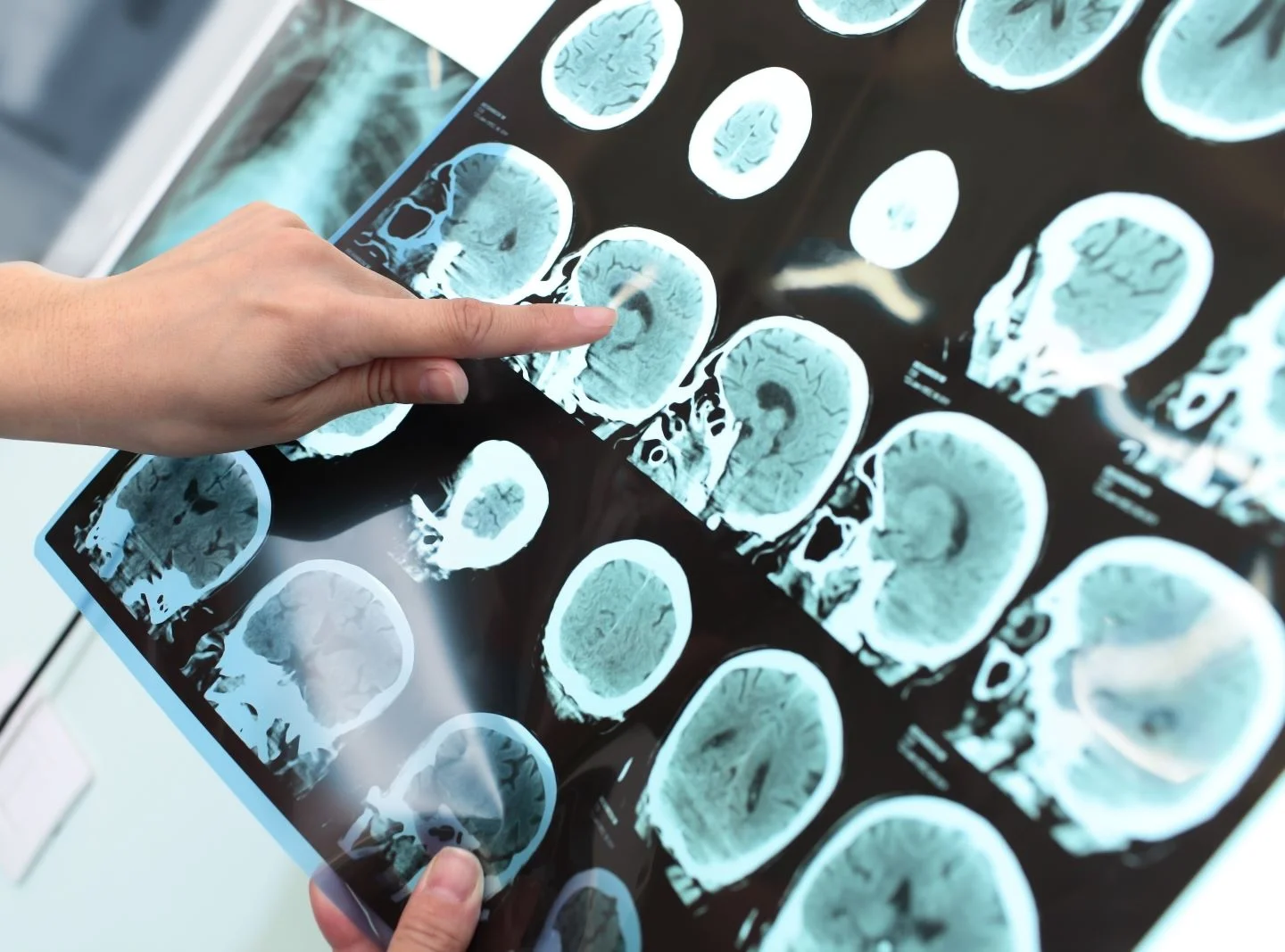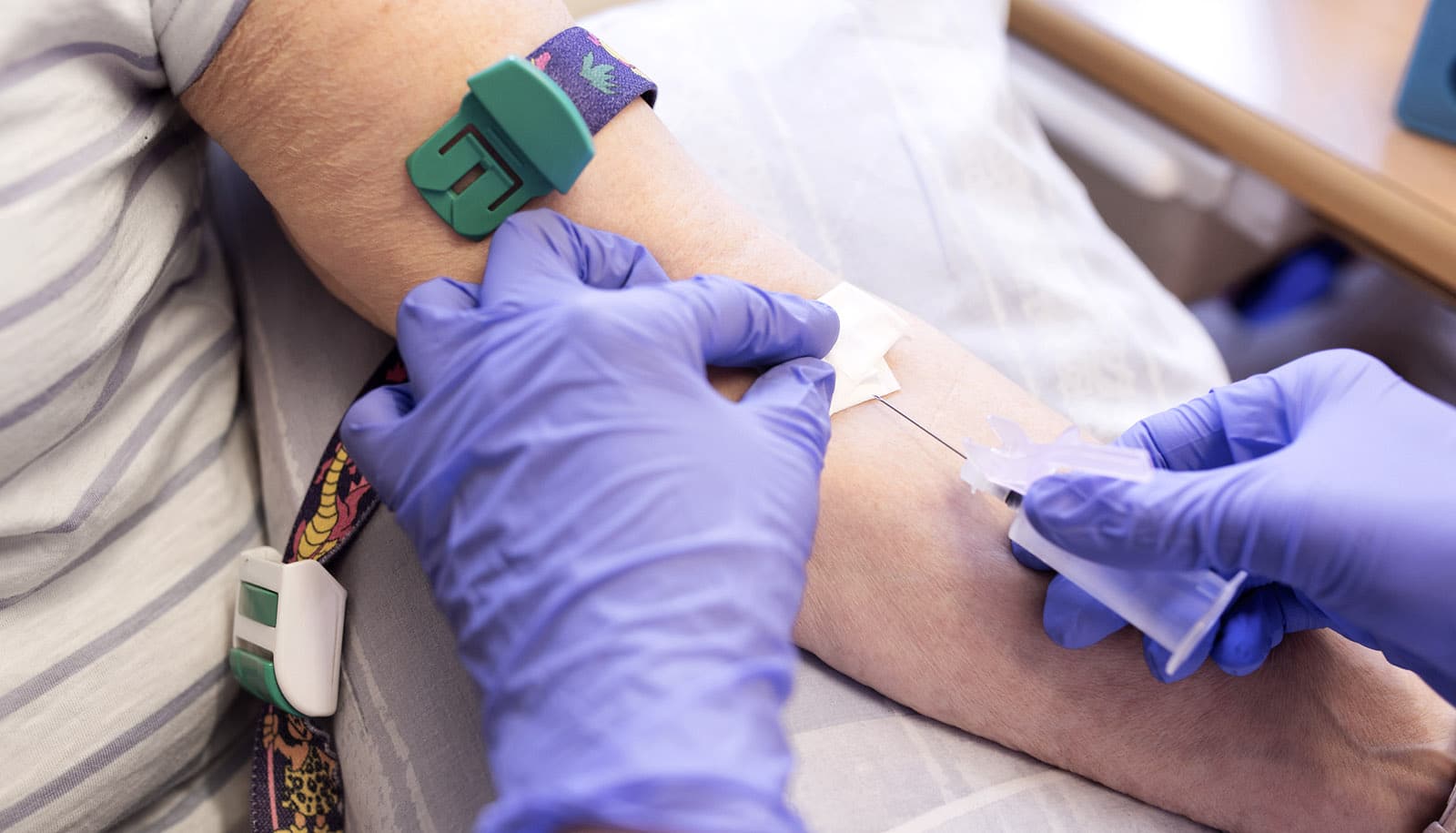A blood test may one day be able to diagnose amyotrophic lateral sclerosis (ALS), thanks to the discovery of eight genetic markers linked to the condition, researchers have found.
ALS, the most common type of motor neuron disease, progressively affects a person’s ability to walk, speak, swallow, and breathe, ultimately leading to death. Although no cure exists, treatments like physiotherapy can help alleviate some of the symptoms.
Currently, ALS is diagnosed through symptom assessments, nerve function tests, and brain scans.
According to Sandra Banack from Brain Chemistry Labs in Wyoming, a lack of awareness about ALS often delays diagnosis, as doctors need to monitor symptom progression over time before confirming the disease, which in turn delays treatment.
In an effort to speed up the diagnostic process, Banack and her colleagues have been studying blood samples from small groups of people both with and without ALS. Their analysis revealed eight genetic markers that seem to vary between these two groups.
To further confirm their findings, the team analyzed blood samples from 119 individuals with ALS, obtained from the National ALS Biorepository, as well as samples from 150 people without the disease.

The same eight markers were found to differ between those with ALS and those without it. Banack explained that these markers are linked to neuron survival, brain inflammation, memory, and learning.
Next, the researchers used a machine learning model to train a system that could distinguish between those with ALS and those without, based on the levels of these markers in 214 participants.
The model was then tested on the remaining 55 participants, correctly identifying 96% of ALS cases and 97% of individuals without the condition.
“This is fantastic work,” said Ahmad Al Khleifat of King’s College London, noting how effective the test was in distinguishing between people with and without ALS.
The researchers estimate that the test would cost less than $150, with hopes that it could be available within two years, according to Banack.
However, before that happens, it must be validated with a separate group of individuals. Banack added that if they partner with the right diagnostic lab, the test could be made available in as little as a year.
